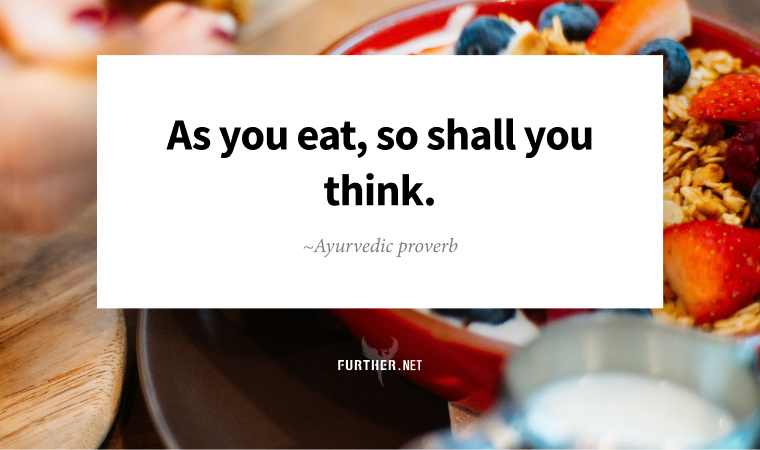
You know the expression, “you are what you eat”? After two incredible weeks in India, I have a caveat: you are what you digest.
The first five days of the trip, we stayed at an Ayurvedic wellness retreat, where I was given a customized diet plan and prescribed traditional practices, including yoga, meditation, and bodywork. Within a day, I slept soundly, my skin glowed, and my mood and energy were excellent with minimal jetlag.
For the rest of the trip, we hit the road, enjoying South Indian fare — lots of spicy, fried foods with Kingfisher beer in the evenings to wash it down. Within a few days, my sleeping, energy, and moods became erratic, and my eczema flared up.
The good news is you don’t have to travel halfway around the world to experience the benefits of Ayurveda, a wisdom science and healing system that originated in India 5,000+ years ago. Start by thinking about yourself as part of nature — not separate from it — and you’re on an intuitive path to improved health and well-being.
Follow Your Gut
In Ayurveda, the mind and digestive system are inseparable. The ancient practitioners developed a set of principles rooted in the natural world that focuses on the gut’s environment, individual constitution, and personal taste preferences.
Modern scientific research validates this approach, with evidence growing about how stomach microorganisms influence our neurotransmitters.
In Ayurveda, the fastest way to shift your mood is by changing your diet, improving your gut health, and shifting your microbiome.
To bring your system into balance, Ayurveda identifies your mind-body type (“dosha”) using five natural elements — space, air, fire, water, and earth. While your Ayurvedic roadmap to optimal health is personal, there are universal principles you can practice immediately.
Everyday Ayurveda
The beauty of this ancient approach is it’s all things you’ve heard before, so it’s not as exotic as it may seem.
- Eat mainly plants: Whole, organic plant-based food (i.e., fruit, vegetables, nuts, seeds, grains, legumes), fuel your “prana,” or life force. Also, the prana in food is highest when freshly cooked, so eat leftovers the same day.
- Don’t overeat: Like the Japanese practice of hara hachi bun me, stop eating when you’re 80% full. This is as much about improving your digestion by leaving room for your stomach to break the food down as it is about reducing your caloric intake.
- Have your biggest meal at midday: Ayurveda connects your digestive “fire” to the sun, so eat your heaviest meal during the day. Plus, eating a big dinner close to bedtime can interfere with your sleep.
Ultimately, the nutritional aspects of Ayurveda boil down to being thoughtful about what and when you eat — a deliciously simple way to feel happier, healthier, and more balanced.
3 Ayurvedic Eating Strategies To Support Gut Health & Improve Mood (Mindbodygreen)
